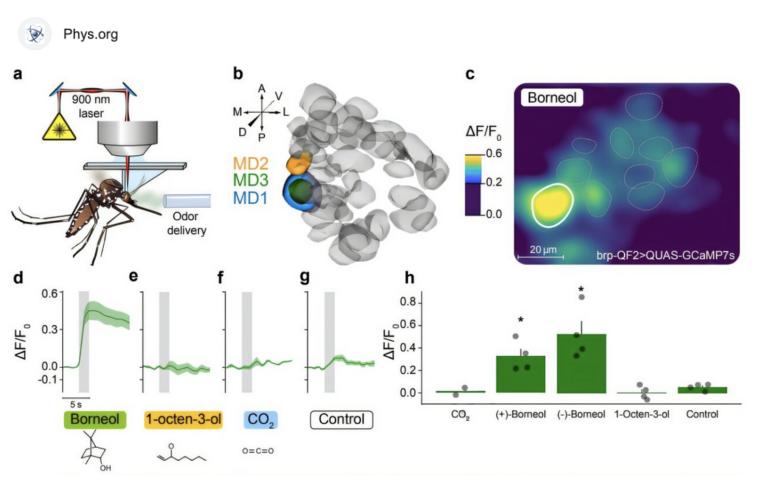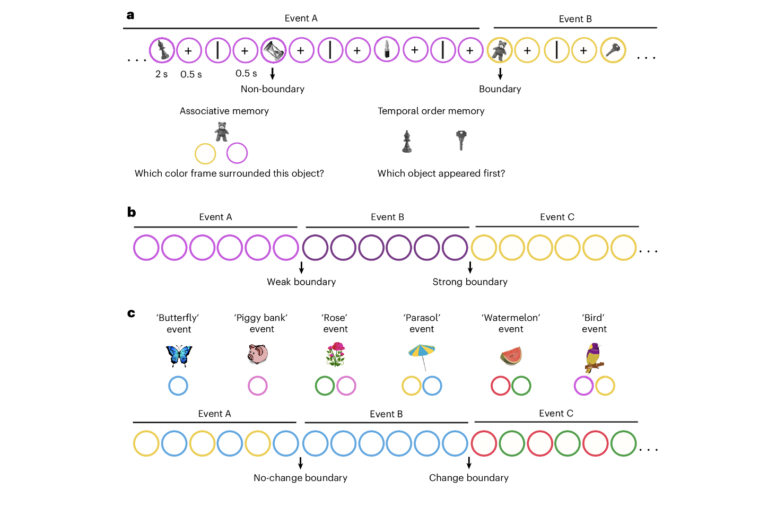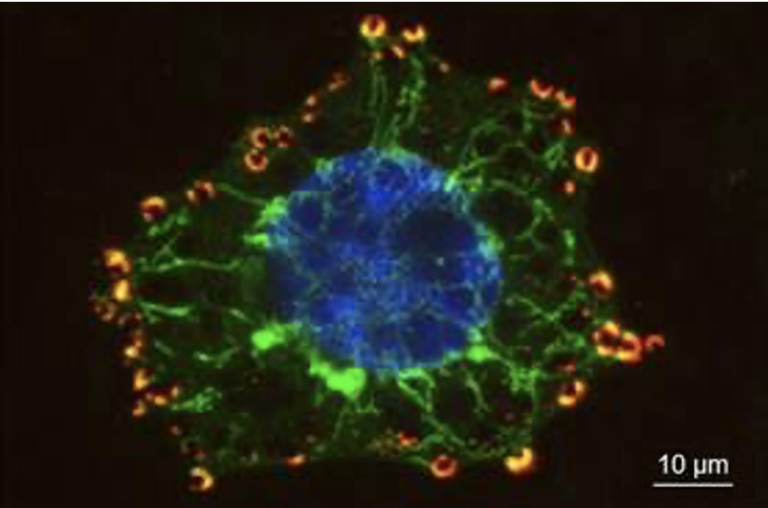Hyperactivité et smartphone : l'Université Bar Ilan et de l'hôpital Maccabi (Israël) montrent l'impact sur la jeunesse

[:fr]i24news. Une nouvelle étude révèle que le nombre d’enfants israéliens chez qui a été diagnostiqué un trouble déficitaire de l’attention avec hyperactivité (TDAH) est en forte augmentation, rapporte dimanche le site d’informations Ynet.
L’étude, qui se base sur les données du service de santé Maccabi, une des plus importantes caisses de maladie en Israël, indique que près de 500.000 enfants âgés de 5 à 18 ans sont atteints de TDAH ou suivent un traitement médicamenteux en lien le TDAH, soit une multiplication par deux sur une période de dix ans.
Le trouble du déficit de l’attention (TDA) est un trouble pédopsychiatrique caractérisé par des difficultés de concentration. On l’appelle trouble du déficit de l’attention avec ou sans hyperactivité (TDAH) lorsqu’il s’accompagne d’hyperactivité ou d’impulsivité.
L’équipe de chercheurs, dirigés par le Dr Michael Davidovich, qui est aussi chef du Département du développement des enfants à la caisse maladie Maccabi et membre de la Faculté de médecine de l’Université Bar-Ilan, signale dans son rapport que 6,8% des enfants israéliens étaient atteints de TDAH en 2005, contre 14,4%, soit un enfant sur sept.
Outre cette forte augmentation, la proportion d’enfants chez qui est diagnostiqué un TDAH en Israël reste très élevée : elle représente en effet le double de la moyenne mondiale, qui se situe à 7,2%.
Les chercheurs affirment que le TDAH est causé par des caractéristiques, à la fois génétiques et acquises.
« Nous n’avons pas encore trouvé les gènes responsables de ce trouble, mais il est certain que celui-ci est plus répandu chez les enfants dont les parents ou les frères et sœurs sont également atteints par ce trouble », explique le Dr Davidovich.
Par ailleurs, les chercheurs expliquent dans leur étude que l’environnement de la personne peut également causer un TDAH, pointant comme nouveau facteur les progrès technologiques de ces dernières années.
« Aujourd’hui, les enfants passent beaucoup de temps sur leurs smartphones, et cela les affecte », ajoute le chercheur.
« Les écrans conduisent les enfants à développer une capacité d’attention très courte, car (les smartphones) envoient beaucoup d’informations qui changent à un rythme rapide et d’une façon très superficielle. Les enfants élevés avec des écrans ont plus de mal à communiquer lorsque ces écrans ne sont plus là, comme en classe, par exemple », ajoute-t-il.
La présence d’écrans chez les parents affecte aussi les enfants.
« Certains parents sont accros aux smartphones et aux tablettes, et ils ne donnent pas toute leur attention à leurs enfants. Par conséquent, ces-derniers apprennent et adoptent le comportement de leurs parents », précise-t-il.
Source: i24news[:en]Study finds sharp rise in number of Israeli children with ADHD
Researchers point to increase in awareness as possible cause for higher rates of attention-deficit hyperactivity disorder diagnoses, which is double the world average.
A new study has found a sharp rise in the number of Israeli children diagnosed with attention-deficit hyperactivity disorder (ADHD).
The study was based on data from the Maccabi Healthcare Services, one of the largest HMOs in Israel, and examined some 500,000 children aged 5-18 who were diagnosed with ADHD or treated with ADHD medication at least twice, over a period of ten years.
Researchers – led by Dr. Michael Davidovich, the head of the Child Development Department at Maccabi and a member of Bar-Ilan University’s Faculty of Medicine – found that while 6.8 percent of children were diagnosed with ADHD in 2005, 14.4 percent were diagnosed in 2014, meaning one in every seven children.
Regardless of the sharp increase, the rate of children diagnosed with ADHD in Israel still very high – twice the world average, which stands at 7.2 percent.
The researchers say ADHD is caused by both congenital and acquired characteristics. « We haven’t found the genes responsible for it yet, but we certainly saw more ADHD diagnoses among children whose parents or siblings were also diagnosed, » Dr. Davidovich explained. « There’s a genetic basis, but we haven’t found that specific gene yet. »
Alongside that, researchers said a person’s surroundings also lead to ADHD, pointing at technological advancements of recent years as the main cause.
« Children today are busy with their smartphones, and that affects them, » Dr. Davidovich said. « The screens cause children to develop a very short attention span, because these screens offer a lot of information that changes at a rapid pace and in a very shallow manner. Children raised with screens have a harder time communicating where these screens don’t exist – like in class, for example. »
The presence of screens among parents also affects the children. « Parents are addicted to smartphones and tablets, and they don’t give their children their full attention – and the child learns and adopts the parents’ behavior, » Dr. Davidovich explained.
Researchers noted that the increase in the number of children diagnosed with ADHD could also be explained by better awareness to treatment options and the social openness that led to more children being sent for diagnosis.
There was also an increase in the number of girls being diagnosed with ADHD, which researchers explained was due to the increased awareness to the problem and the fact it’s not an issue that exclusively affects boys.
In addition, the fact family doctors can now also be trained to diagnose ADHD – a field that used to be the exclusive domain of neurologists and psychiatrists – could have also served to increase the number of children diagnosed.
The study found that alongside the increase in the number of children diagnosed, there was a rise in the number of children that receive ADHD medication, like Ritalin.
« Only 60 percent of children need medication, » claimed Dr. Davidovich. « In a lot of the cases, an emotional treatment and a psychological treatment could be enough to deal with the problem, and at times it’s a matter of the parents themselves being guided how to handle it. »
The researchers say ADHD is caused by both congenital and acquired characteristics. « We haven’t found the genes responsible for it yet, but we certainly saw more ADHD diagnoses among children whose parents or siblings were also diagnosed, » Dr. Davidovich explained. « There’s a genetic basis, but we haven’t found that specific gene yet. »
Alongside that, researchers said a person’s surroundings also lead to ADHD, pointing at technological advancements of recent years as the main cause.
« Children today are busy with their smartphones, and that affects them, » Dr. Davidovich said. « The screens cause children to develop a very short attention span, because these screens offer a lot of information that changes at a rapid pace and in a very shallow manner. Children raised with screens have a harder time communicating where these screens don’t exist – like in class, for example. »
The presence of screens among parents also affects the children. « Parents are addicted to smartphones and tablets, and they don’t give their children their full attention – and the child learns and adopts the parents’ behavior, » Dr. Davidovich explained.
Researchers noted that the increase in the number of children diagnosed with ADHD could also be explained by better awareness to treatment options and the social openness that led to more children being sent for diagnosis.
There was also an increase in the number of girls being diagnosed with ADHD, which researchers explained was due to the increased awareness to the problem and the fact it’s not an issue that exclusively affects boys.
In addition, the fact family doctors can now also be trained to diagnose ADHD – a field that used to be the exclusive domain of neurologists and psychiatrists – could have also served to increase the number of children diagnosed.
The study found that alongside the increase in the number of children diagnosed, there was a rise in the number of children that receive ADHD medication, like Ritalin.
Only 60 percent of children need medication, » claimed Dr. Davidovich. « In a lot of the cases, an emotional treatment and a psychological treatment could be enough to deal with the problem, and at times it’s a matter of the parents themselves being guided how to handle it. »
Rotem Elizera ynetnews[:]







